
Maria Temming
Assistant Managing Editor, Science News Explores
Maria Temming is the Assistant Managing Editor at Science News Explores. Maria has undergraduate degrees in physics and English from Elon University and a master's degree in science writing from MIT. She has written for Scientific American, Sky & Telescope and NOVA Next. She’s also a former staff writer at Science News.

All Stories by Maria Temming
-
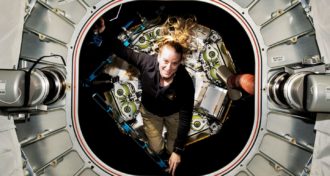 Space
SpaceSurviving Mars missions will take planning and lots of innovation
Astronauts that go to Mars will need protection from microgravity and radiation, plus mini-medical devices to diagnose problems and manage emergencies.
-
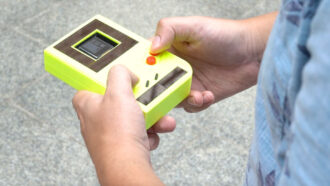 Science & Society
Science & SocietyBatteries not included: This Game Boy look-alike doesn’t need them
Game Boy revolutionized the gaming industry. A newer version could help slow the rate of climate change.
-
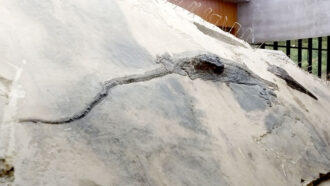 Fossils
FossilsThis ancient reptile’s last meal may have truly been a killer
An ichthyosaur’s eyes were too big for its stomach. And that may have led to this ancient reptile’s death.
-
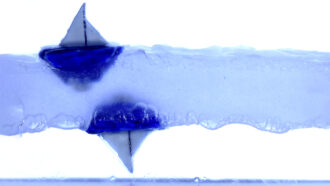 Physics
PhysicsHow physics lets a toy boat float upside down
Buoyancy’s upward force keeps objects afloat even in unusual conditions.
-
 Space
SpaceStrange but true: White dwarfs shrink as they gain mass
Telescope observations of thousands of these stars now confirm a decades-old theory on how their masses relate to their waistline.
-
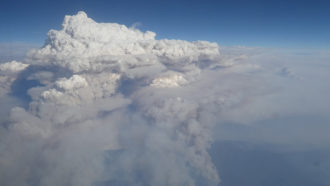 Environment
EnvironmentAustralian wildfires pumped smoke to record heights
Wildfires in Australia in late December and early January spurred an unusual smoke plume that still hasn’t fully dispersed.
-
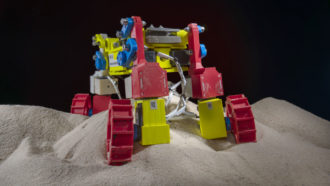 Tech
TechWiggly wheels might help rovers plow through loose lunar soils
New design lets wheels ascend hills too steep for regular robots and paddle through loose soils without getting stuck.
-
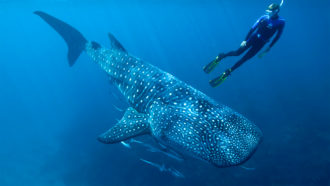 Animals
AnimalsTraces from nuclear-weapons tests offer clues to whale sharks’ ages
Traces left by nuclear-bomb testing in the 1950s and ‘60s can help researchers learn how old a whale shark is.
-
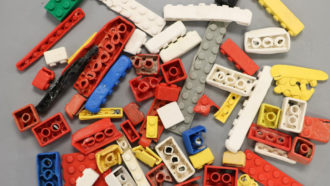 Environment
EnvironmentLegos could last a disturbingly long time in the ocean
By looking at toys washed up on beaches, scientists have estimated how long it takes hard plastics to break down in the oceans. And it’s a long time.
-
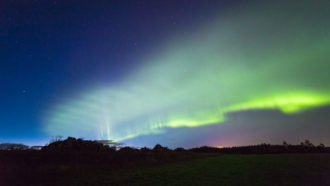 Earth
EarthNewfound ‘dunes’ is among weirdest of northern lights
There’s a new aurora dubbed the 'dunes.' It’s weird and joins the ranks of black auroras, STEVE and other odd natural light shows.
-
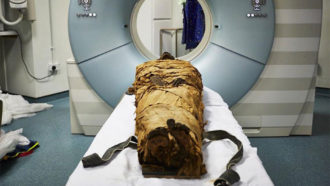 Archaeology
Archaeology3-D printing helps resurrect an ancient Egyptian mummy’s voice
A 3-D printed mold of a mummy’s vocal tract reveals what the mummy may sound like today.
-
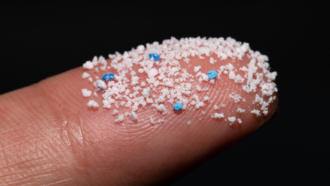 Earth
EarthHelp for a world drowning in microplastics
Microplastic pollution in our oceans and lakes is a problem. Scientists are testing solutions — from more biodegradable recipes to nanotechnology.